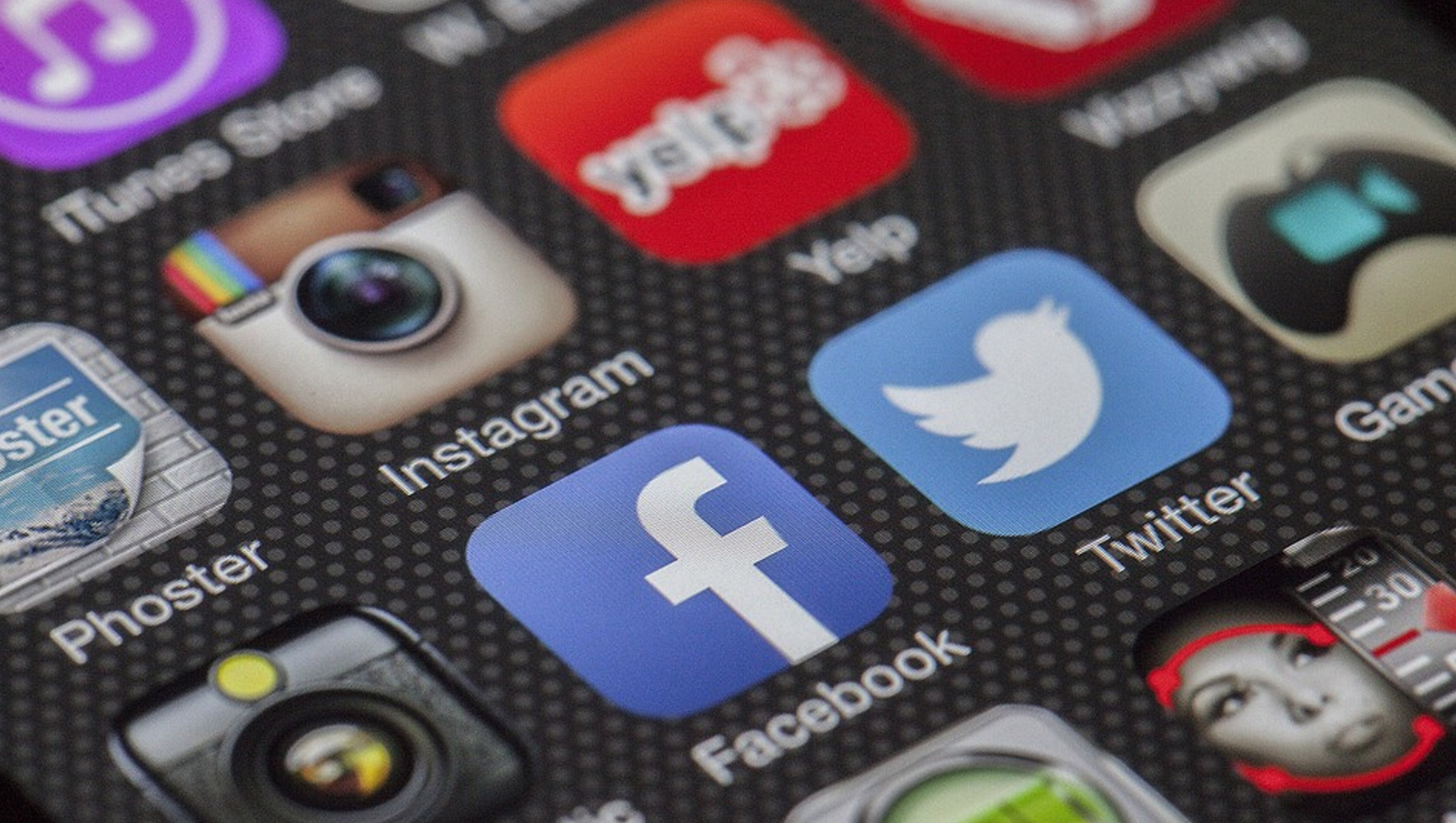![]() Over the last couple of years, more and more businesses have been integrating influencers into their digital marketing strategy. From Instagram to YouTube and Twitter, celebrities and social media personalities have been endorsing brands and creating sponsored content in support of their brand relationships. According to Sprout Social, a social media management tool, 74% of consumers make purchasing decisions based on social media recommendations, and statistics show that influencer marketing campaigns yields 11 times higher ROI than other forms of promoted content.
Over the last couple of years, more and more businesses have been integrating influencers into their digital marketing strategy. From Instagram to YouTube and Twitter, celebrities and social media personalities have been endorsing brands and creating sponsored content in support of their brand relationships. According to Sprout Social, a social media management tool, 74% of consumers make purchasing decisions based on social media recommendations, and statistics show that influencer marketing campaigns yields 11 times higher ROI than other forms of promoted content.
Taking cues from third-party referrals is not unique to consumers, businesses are also influenced by recommendations, probably more so. According to the Harvard Business Review, 90% of business decision-makers initiate their purchasing processes by canvassing opinions from industry experts and peers, largely through social media.
Also Read:
Despite this fact, many B2B companies neglect the potential value that influencers can bring to this highly lucrative market. While B2B influencer marketing can differ quite significantly from B2C campaigns, the overall objective remains the same. Leverage the credibility and in-built audiences offered by well-known personalities to convince cautious buyers about the quality of your products or services.
Here are some key steps to implement an effective B2B influencer marketing strategy.
Focus on Relevance Not Reach
Large social media followings and mainstream recognition are highly coveted qualities for influencers in the B2C sphere, but this doesn’t necessarily hold true in B2B. Before anything else, a B2B influencer must be able to show experience and expertise in their respective industry. After all, their commentary can influence purchases worth millions of dollars, so the standard for credibility will be far more rigorous as the stakes are higher.
Also Read: 5 Reasons Why Social Media Influencers are the Future of Digital Marketing
Three Types of B2B Influencers
There are three types of B2B influencers: thought leaders, existing advocates and customers.
Thought Leaders
Thought leaders are authorities within their respective field. These individuals command respect from customers, employees and even competitors, and their opinion on your business offerings can have a significant impact on your reputation. You can identify who the thought leaders are in your industry by asking for feedback from your employees and customers. Find out who they are watching and listening to, what authors they are reading, whose articles or blogs they value and find insightful. Essentially, who they believe is the authority figure whose recommendations they trust above all others. Rank these personalities based on their credibility and assess which aligns best with your brand.
It is important to note, with B2B influencer marketing, traditional social media metrics do not apply, such as reach and follower count, mainly because many of these experts may not have the type of visibility enjoyed by macro-influencers in the B2C sphere. Enterprise software provider SAP hosted a series of live video interviews with a variety of well-regarded industry experts in an effort to promote their 2016 Sapphire Conference. The efforts of those individuals drew in an additional 80,000 attendees to that year’s forum.
Existing Advocates
In many cases, influencers and subject matter experts can be found internally within your organization. The right employee can become a subject matter expert and speak with the same enthusiasm as any third-party personality. These individuals, with their industry knowledge and being internal to your organization, can amplify your credibility with other professionals. You can cultivate your own industry leader in-house. It is helpful if your internal brand ambassador already has a strong social media presence and can effectively compliment your products and services.
For example, Amber Armstrong, Director for Influencer Marketing at IBM Commerce has outlined the importance of leveraging employees’ tweets to creating a powerful B2B brand. Armstrong routinely encourages employees to post about IBM’s products on their social media profiles.
Also Read: How The Next Generation of Affiliate Marketing is Driving the Digital Future
Customers
Around 89% of B2B marketers consider customer testimonials as their most effective content marketing tool. Often, when facing a purchasing decision, executives tend to review customer experiences, case studies and testimonials. They not only want information about the product and service but the overall experience with your brand. Using client commentary can sway a potential customer to your direction rather than a competitor, especially if the testimonial is authentic and non-rehearsed.
Support Expert Narratives
Any effective marketing campaign involves content generation or storytelling. In a B2C campaign, the narrative is typically centered around how your brand integrates seamlessly into the specific lifestyle of the influencer. Their experience influences their like-minded audience to procure your product and/or service. With B2B influencer marketing, the product or service must be more central to the narrative. You must show that you are an industry expert, have extensive product knowledge, and differentiate yourself from your competitors. Through white papers, blog posts, conferences, live videos, etc., you must drive home how your business can help clients overcome operational challenges and deliver real value for their organization.
Also Read: Key Metrics for Measuring the Effectiveness of Your Influencer Marketing Campaign











